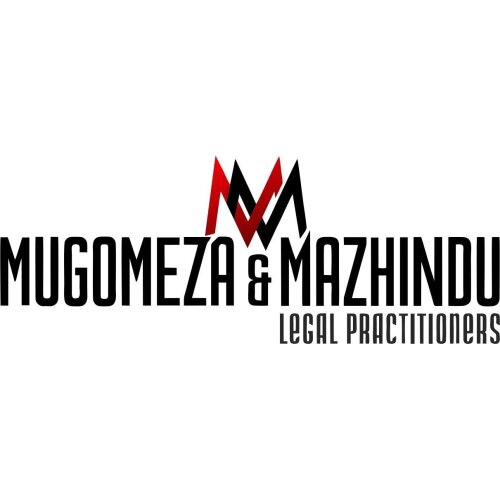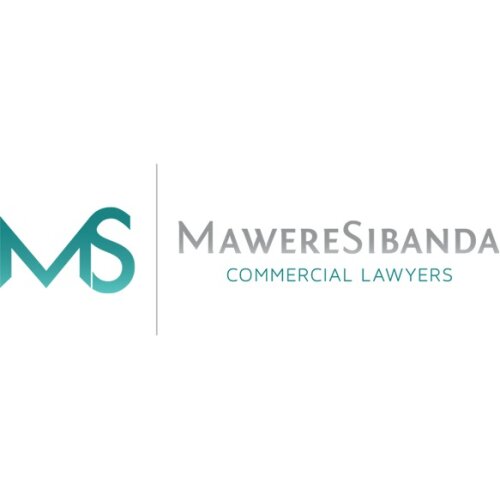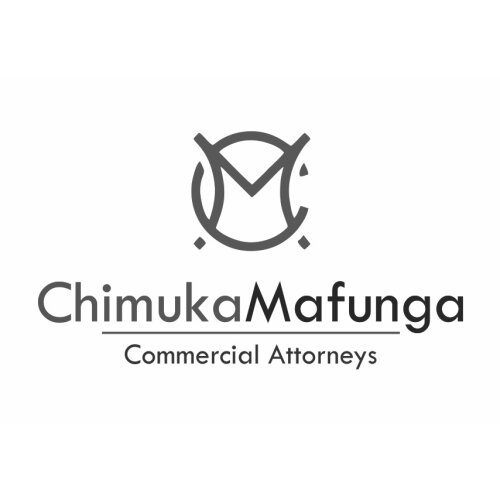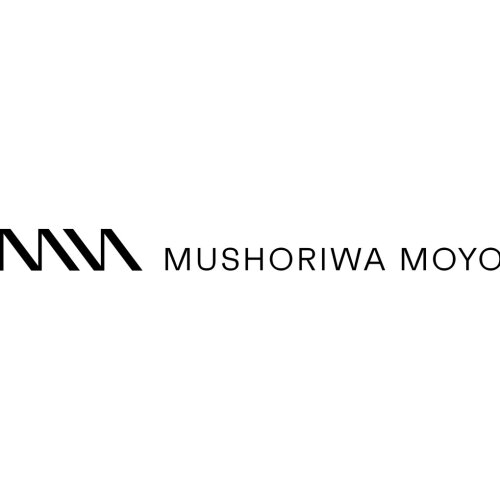Best Bankruptcy & Debt Lawyers in Harare
Share your needs with us, get contacted by law firms.
Free. Takes 2 min.
List of the best lawyers in Harare, Zimbabwe
About Bankruptcy & Debt Law in Harare, Zimbabwe
Bankruptcy and debt law in Harare, Zimbabwe, is a critical area of legal practice aimed at assisting individuals and businesses who are unable to meet their financial obligations. This legal domain involves aspects of debt restructuring, liquidation, insolvency procedures, and protection from creditors. The primary goal is to provide fair solutions for both debtors and creditors and to ensure that legal processes are followed in the event of financial distress. Understanding the intricacies of local legislation and how they apply to different cases is essential for navigating bankruptcy and debt-related issues effectively.
Why You May Need a Lawyer
There are several scenarios where seeking legal advice in the field of bankruptcy and debt would be beneficial:
- Looming Bankruptcy: If you or your business are facing bankruptcy, a lawyer can help assess your situation, explore alternatives, and guide you through the bankruptcy process if necessary.
- Debt Negotiation: Legal assistance can be crucial in negotiating settlements with creditors to potentially reduce the amount owed.
- Understanding Insolvency: Legal counsel can clarify the implications of insolvency and advise on the best course of action, whether that means reorganization or liquidation.
- Creditor Harassment: If creditors are employing aggressive collection tactics, a lawyer can help protect you from unlawful harassment and ensure your rights are upheld.
- Debt Restructuring: For businesses and individuals alike, having a lawyer guide you through restructuring debts can enable more favorable repayment terms.
Local Laws Overview
The legal framework governing bankruptcy and debt in Zimbabwe is outlined in various pieces of legislation such as the Insolvency Act and the Companies Act. Some key aspects include:
- Insolvency Act: This act governs how insolvent estates are to be administered and provides the processes for debt settlement and asset distribution.
- Judicial Management: A form of corporate rescue available under the Companies Act, allowing a potentially viable company to avoid liquidation.
- Voluntary Arrangements: Debtors can enter into voluntary arrangements with creditors to settle debts over time, which must be approved by a formal court process.
- Sequestration: The legal declaration of personal bankruptcy, which involves appointing a trustee to manage the debtor's estate.
- Creditors’ Rights: Creditors have the right to apply for the bankruptcy of a debtor if debts remain unpaid, following legal procedures.
Frequently Asked Questions
What is the process for declaring bankruptcy in Harare?
Declaring bankruptcy involves filing a petition with the High Court, presenting your financial status, and proving that you are unable to pay your debts. The court will then appoint a trustee to manage your assets.
How does bankruptcy affect my credit score in Zimbabwe?
Bankruptcy can significantly impact your credit rating, and the record of bankruptcy may remain on your credit report for several years, affecting your ability to borrow in the future.
Can I keep any assets if I declare bankruptcy?
Some assets may be exempt from liquidation, but this depends on the nature of the assets and the prevailing laws. Legal advice is essential to determine what can be retained.
How do creditors get paid in bankruptcy proceedings?
Creditors are paid from the liquidation of the debtor's assets. The proceeds are distributed according to a priority list established by law, typically favoring secured creditors first.
What is the difference between insolvency and bankruptcy in Zimbabwe?
Insolvency refers to the inability to pay debts when due, which can lead to bankruptcy proceedings-a legal status initiated to become formally declared insolvent.
Are there alternatives to bankruptcy I can consider?
Yes, alternatives such as debt consolidation, voluntary arrangements, and judicial management could be more suitable depending on your situation-consult a lawyer to explore these options.
What legal protections do I have against creditor harassment?
Law provides certain protections against harassment. If creditors overstep, you can file a complaint in court, and a lawyer can assist in invoking these protections.
How long does the bankruptcy process take?
The duration of bankruptcy proceedings can vary significantly depending on the complexity of the estate, but it typically takes a few months to several years to resolve.
What happens to my business during bankruptcy?
If your business declares bankruptcy, it may undergo restructuring under judicial management to attempt recovery, or it may be liquidated to pay creditors.
Do I need a lawyer to file for bankruptcy?
While it is possible to file for bankruptcy without a lawyer, it is advisable to seek legal assistance due to the complexity of the process and the potential consequences involved.
Additional Resources
Here are some resources and organizations that may be helpful:
- High Court of Zimbabwe: Handles bankruptcy proceedings-consult them for official procedures and filing.
- Zimbabwe Lawyers for Human Rights (ZLHR): Provides legal assistance, including in areas of debt and insolvency.
- The Insolvency Practitioners Association of Zimbabwe (IPAZ): Offers information and services related to insolvency practice.
- Legal Aid Directorate: Offers legal aid to those who can't afford private legal counsel, although their focus might not solely be bankruptcy.
Next Steps
If you need legal assistance in bankruptcy and debt matters, consider the following steps:
- Consult a Legal Professional: Contact a lawyer specializing in bankruptcy and debt laws in Harare to discuss your specific circumstances.
- Prepare Financial Documentation: Gather and organize all pertinent financial records, debts, and assets to assist in your legal consultation.
- Explore Options: Work with your lawyer to understand all available options, from debt restructuring to filing for bankruptcy.
- Take Action: Follow the legal advice given and take the necessary steps to resolve your debt issues legally and effectively.
Seeking professional guidance is crucial to ensure compliance with local laws and to receive tailored advice that fits your unique situation.
Lawzana helps you find the best lawyers and law firms in Harare through a curated and pre-screened list of qualified legal professionals. Our platform offers rankings and detailed profiles of attorneys and law firms, allowing you to compare based on practice areas, including Bankruptcy & Debt, experience, and client feedback.
Each profile includes a description of the firm's areas of practice, client reviews, team members and partners, year of establishment, spoken languages, office locations, contact information, social media presence, and any published articles or resources. Most firms on our platform speak English and are experienced in both local and international legal matters.
Get a quote from top-rated law firms in Harare, Zimbabwe — quickly, securely, and without unnecessary hassle.
Disclaimer:
The information provided on this page is for general informational purposes only and does not constitute legal advice. While we strive to ensure the accuracy and relevance of the content, legal information may change over time, and interpretations of the law can vary. You should always consult with a qualified legal professional for advice specific to your situation.
We disclaim all liability for actions taken or not taken based on the content of this page. If you believe any information is incorrect or outdated, please contact us, and we will review and update it where appropriate.
Browse bankruptcy & debt law firms by service in Harare, Zimbabwe
Harare, Zimbabwe Attorneys in related practice areas.














